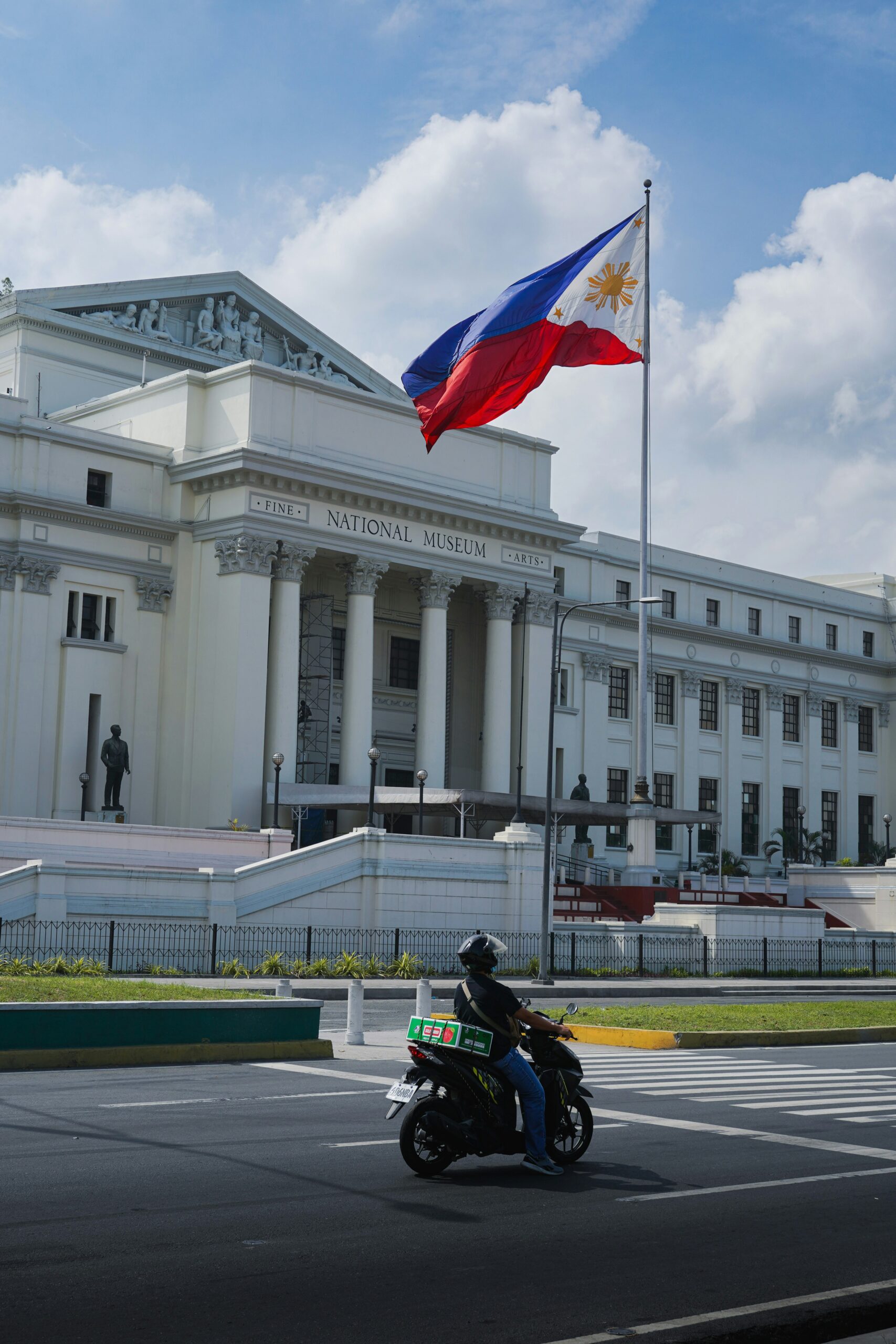The Philippines are one of those countries in South East Asia that are gaining popularity among digital nomads.
Therefore, I decided to dedicate an article to tax residency in the Philippines for digital nomads.
Living in the Philippines
If you want to visit the Philippines, you can do so on a tourist visa.
If you hold a Western passport, you should normally get 30 days upon arrival. You can find the full updated list on the website of the Department of Foreign Affairs of the Philippines.
If you want to stay longer, for example to obtain tax residency in the Philippines for digital nomads, you will need to apply for a visa or residency permit.
In this respect, the Philippines also announced that they will introduce a digital nomad visa.
This visa will be valid for 12 months and can be renewed for an additional 12 months.
Thus, in total you can spend two years in the Philippines on the digital nomad visa.
Furthermore, the digital nomad visa will exclude you from taxes in the Philippines.
Yet, we still have to wait on the final implementation to understand all the specifics.

Tax Rules in the Philippines
In order to determine if tax residency in the Philippines for digital nomads is a good idea, you need to understand the local tax rules.
Let’s have a look at those.
Tax Residency in the Philippines
The Philippines distinguish between resident citizens and resident aliens.
The first category are people who hold the nationality of the Philippines.
The second category are people who are considered a tax resident of the Philippines but don’t hold the Filipino passport.
Therefore, the second category is what we’ll focus on as this applies to most people.
If you move to the Philippines for a definite amount of time (e.g. assignment limited in time or temporary visa), you won’t become a tax resident as your stay is temporary.
If you plan to move to the Philippines for an undefined time frame, you will become a tax resident.
However, becoming a tax resident of the Philippines isn’t necessarily a bad thing.
The reason is very simple. Resident aliens only pay taxes on their local source income. Thus, income from a Filipino source.
I bet chances are rather low you have local source income from the Philippines as a digital nomad. Therefore, your income could remain untaxed.
Resident citizens on the other hand do pay taxes on their worldwide income.
Tax Residency in the Philippines for Digital Nomads: Tax Rates
The tax rates in the Philippines are progressive. This means that the higher your income, the higher the percentage of taxes you pay.
Basically, you don’t pay any tax on approximately €4.000. After that, you start paying 15% in taxes. This rate further increases up to a rate of 35% if you make more than approximately €130.000.
Yet, if you structure your income correctly as a resident alien, you can avoid these taxes for the reasons mentioned before.
As a resident alien, you don’t pay taxes on investment income and capital gains if they originate from abroad.
Tax Residency in the Philippines for Digital Nomads: Social Contributions
If you only have foreign income, social contributions shouldn’t apply to you.
Nevertheless, the maximum social contributions per year amount to about €800 which is not much in any case.

Setting up a company in the Philippines
Another option to structure your tax residency in the Philippines for digital nomads is to set up a company.
The standard tax rate is 25% though. Under some conditions, a lower tax rate of 20% can apply. Nevertheless, this is still a rather high rate.
In addition, you also need to account for a 10% withholding tax if you pay out dividends.
For these reasons, I would not recommend setting up a company in the Philippines.
Tax Residency in the Philippines for Digital Nomads: Conclusion
Tax residency in the Philippines for digital nomads should be on your list if you want to establish yourself in South East Asia.
With the right set up, you could avoid taxes altogether if you don’t have a Filipino passport.
Feel free to reach out if you want to know more.
